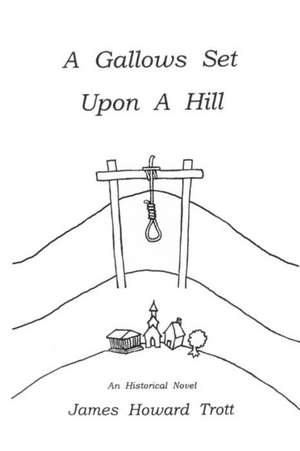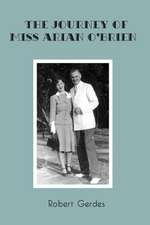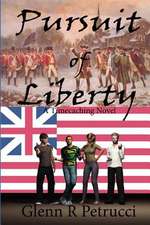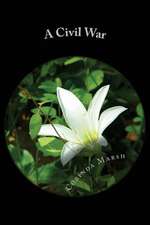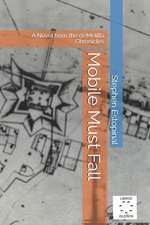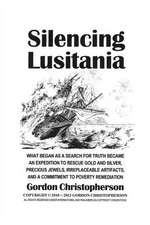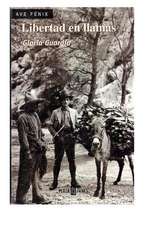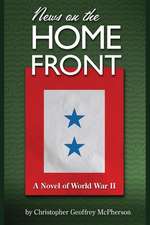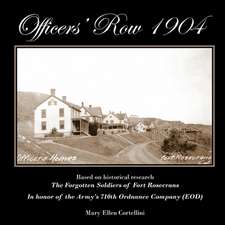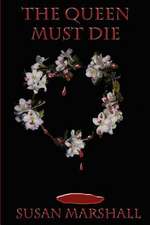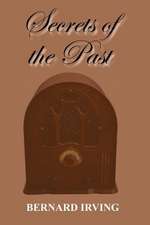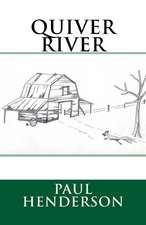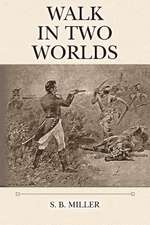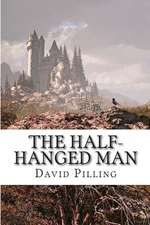A Gallows Set Upon a Hill
en Limba Engleză Paperback
Preț: 198.14 lei
Nou
Puncte Express: 297
Preț estimativ în valută:
37.92€ • 39.44$ • 31.30£
37.92€ • 39.44$ • 31.30£
Disponibil
Livrare economică 24 martie-07 aprilie
Preluare comenzi: 021 569.72.76
Specificații
ISBN-13: 9780986101045
ISBN-10: 0986101044
Pagini: 670
Dimensiuni: 152 x 229 x 34 mm
Greutate: 0.88 kg
Editura: Oak and Yew Press
ISBN-10: 0986101044
Pagini: 670
Dimensiuni: 152 x 229 x 34 mm
Greutate: 0.88 kg
Editura: Oak and Yew Press
Notă biografică
James Howard Trott, the author of this novel, is better known as editor of an anthology of Christian poetry in English, A Sacrifice of Praise. Beyond this Trott has published three collections of his own poetry, and one small volume of "polite literature". At least one other long novel has yet to be published. Trott was born and raised in Montana, with New England roots. He attended Harvard College, where he met his wife. His study was chiefly of the older traditions of English literature and language. Trott arrived at Harvard an admirer of Robert Frost, but found himself much more deeply in sympathy with the American Puritan poets, and the English "Metaphysicals". His prose studies focused on Clemens, Faulkner, and Hemingway - all decidedly non-New Englanders. But his reading is ecclectic and extensive. A sometime avid genealogist, Trott discovered ancestors among both accused and accusers in the Salem witch trials. Rebecca Nurse, a central figure in this book, is his direct ancestor (on his father's side) while the Rayments, among others, were his mother's ancestors. (No evidence of lingering hostility between his parents' lines ever came to the author's attention.) Trott has long been active in an evangelical Christian church, but takes seriously the idea that judgment must begin at the house of God. The author lives with his wife and dog in Philadelphia. There he and his lovely wife are sometimes visited by their brilliant children and/or overrun by their beautiful grandchildren.
